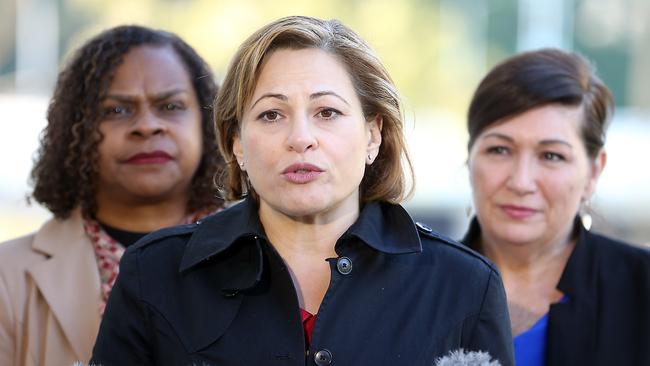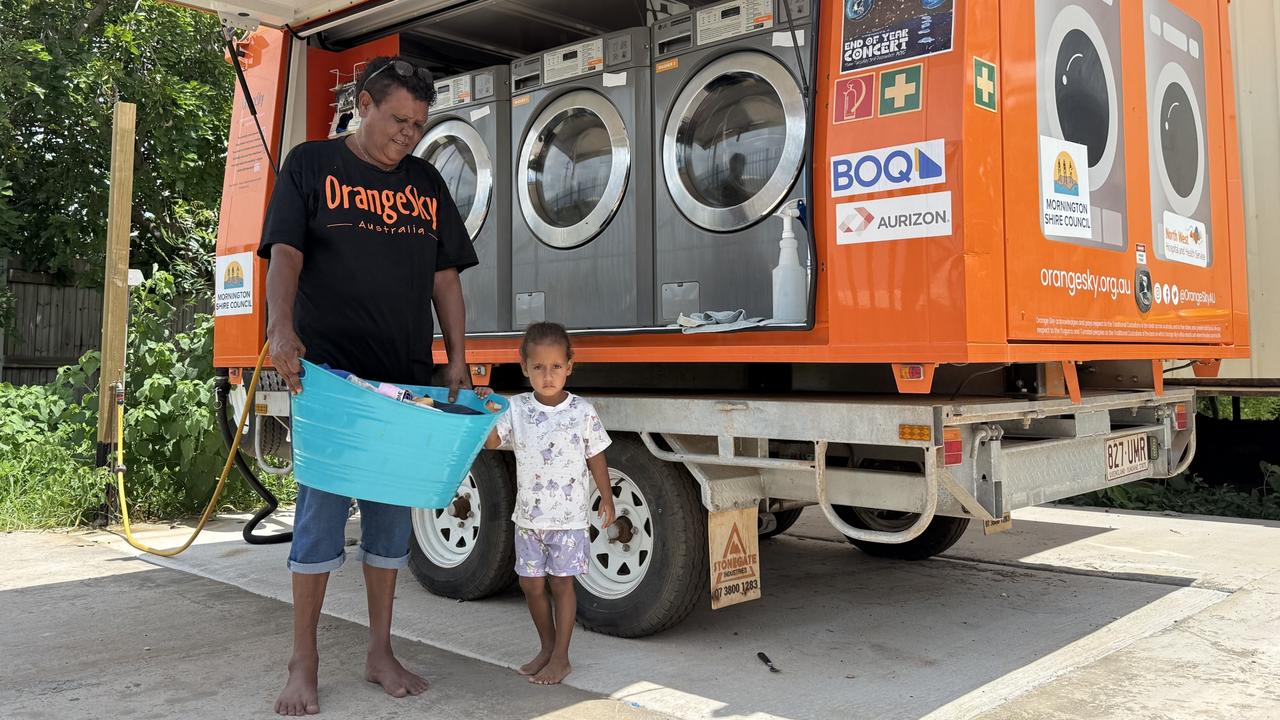Alcohol restrictions in indigenous communities set to be eased
The Queensland government has opened the door to indigenous communities easing alcohol restrictions under a new scheme.

The Queensland government has opened the door to indigenous communities easing alcohol restrictions under a new scheme to manage the supply and consumption of drink.
This will allow Aboriginal and Islander councils to frame alcohol management plans (AMPs) tailored to their requirements — most likely to relax controls that range up to outright bans on beer, wine and spirits. Queensland’s decade-old AMP system has set a national benchmark in collective alcohol management for the state’s 19 discrete indigenous communities, and is credited for curbing rates of violence as well as alcohol-related health and social problems.
But the restrictions are bitterly resented in some quarters as discriminatory, denying indigenous people who don’t have an issue with alcohol the choices to drink that are available to most other adult Australians. Announcing the shake-up yesterday, Deputy Premier Jackie Trad said modifications to the AMPs would be considered on a case-by-case basis.
“It is clear there is a universal desire among communities to maintain alcohol management plans but with greater local input and targeted strategies for improving community safety and wellbeing,” she said.
“Aboriginal and Torres Strait Islander communities know better than anybody what works best for them. That’s why I have written to the mayors of communities with AMPs to offer partnerships on new, community-led approaches to the management of alcohol and the reduction of alcohol-related harm and sly grog.”
The move on AMPs comes amid a flurry of activity in indigenous affairs in Queensland, with the government last week settling for $190 million a class action on historic stolen wages, then flagging a treaty with first peoples.
AMPs vary from place to place. Some communities such as Aurukun, Lockhart River and Napranum on Cape York Peninsula have been declared totally dry while others allow residents to legally bring in limited quantities of light or mid-strength beer.
Typically, this is a 30-can carton at a time. Few communities permit beer to be sold over the counter.
At Yarrabah, outside Cairns, residents can opt for a standard 750ml bottle of table wine over a carton of beer to have at home.
Mayor Ross Andrews said regulating the consumption of alcohol was a good thing for his community, and any move to boost availability would have to be carefully thought out.
“It’s a complex issue. I don’t want to deny an indigenous person the ability to have a drink, but we also have to look at the negatives, the aspects around safety for our women and children, the family unit,” he said.



